Late Chrysanthemums (1954)
“All men are vampires, feeding on women.”
|
Synopsis: |
|
Genres, Themes, Actors, and Directors:
Review: Not a lot happens in this film other than watching the women interact with one another: … with their grown children: … and with former clients — one of whom (Bontarô Miake) tried unsuccessfully to kill Sugimura and commit suicide, yet has the temerity to come asking her for a loan upon his release from prison! Late Chrysanthemums — presumably so-named because the chrysanthemum “represents longevity, rejuvenation and nobility in Japan” — would make a good (albeit depressing) triple bill with Mizoguchi’s A Geisha (1953) and Street of Shame (1956), also about the challenges of survival for women in patriarchal post-WWII Japan. Notable Performances, Qualities, and Moments: Must See? Links: |
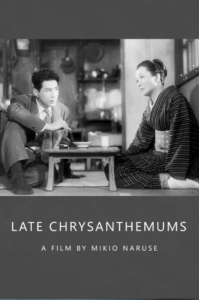
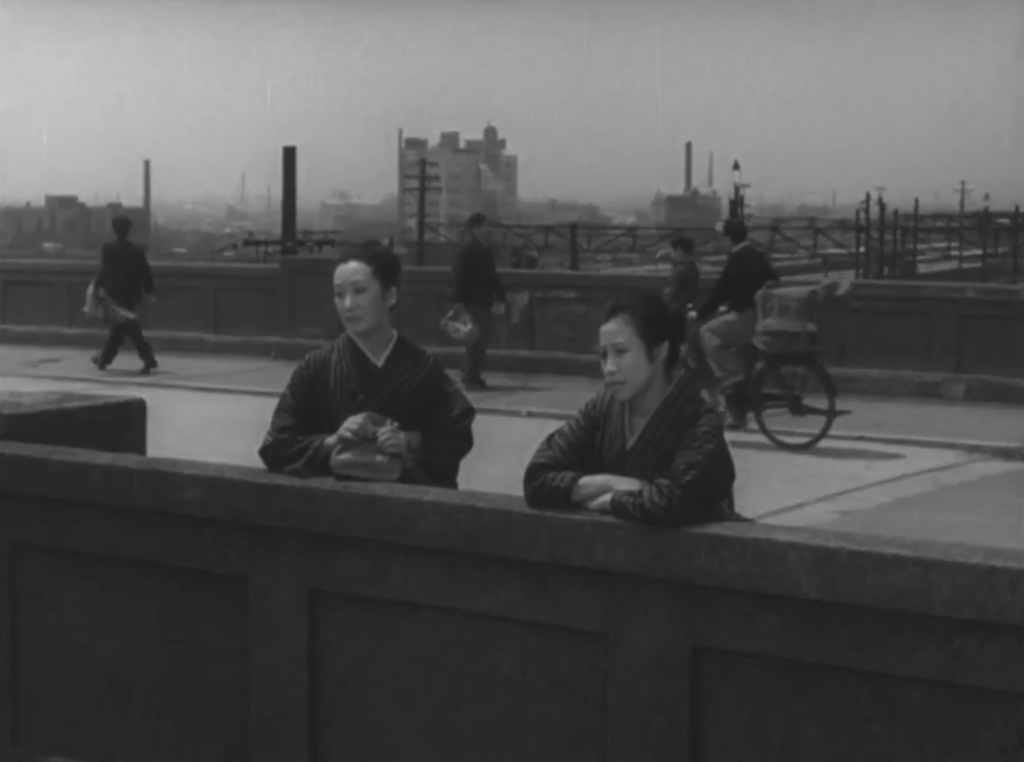
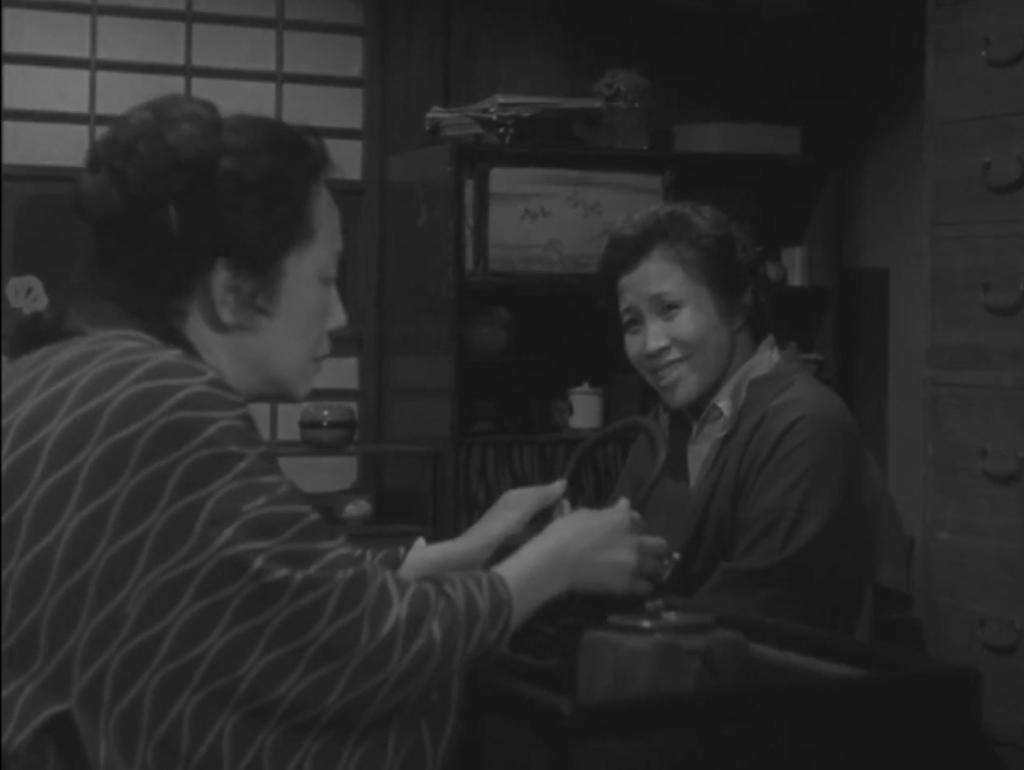
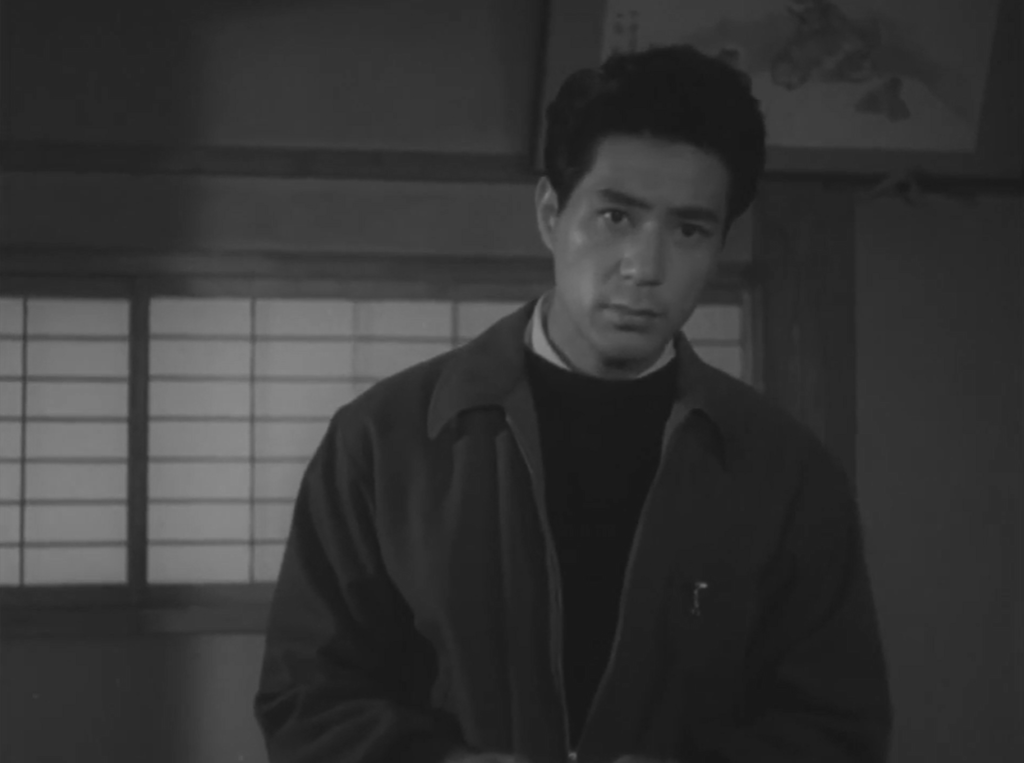
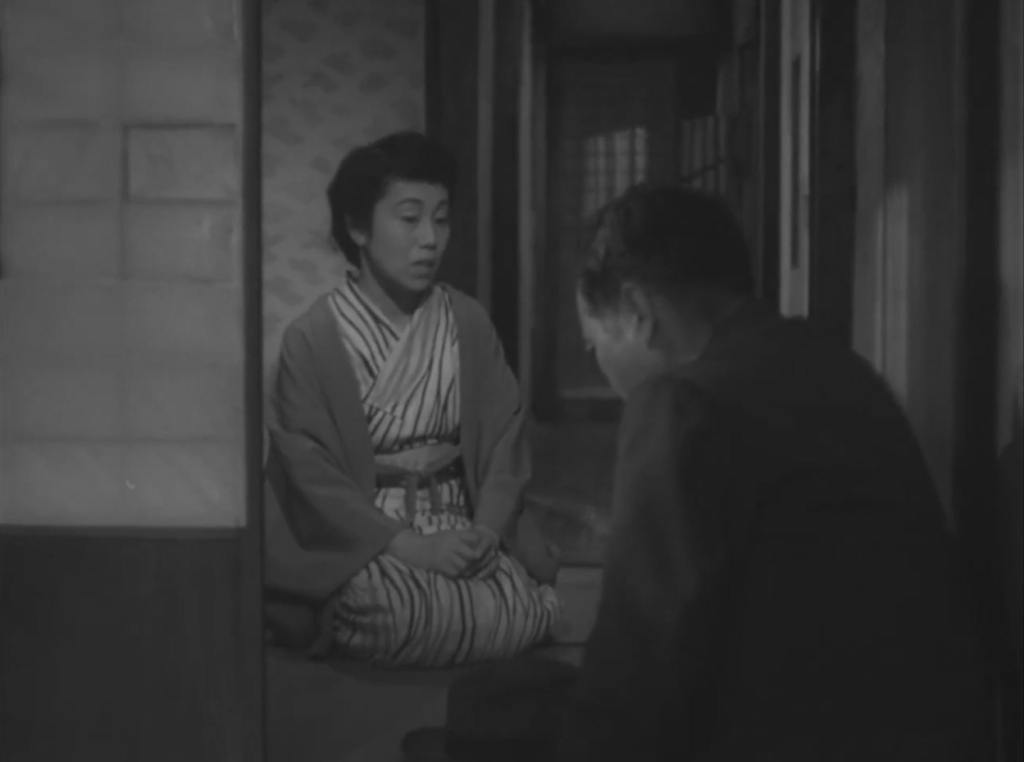
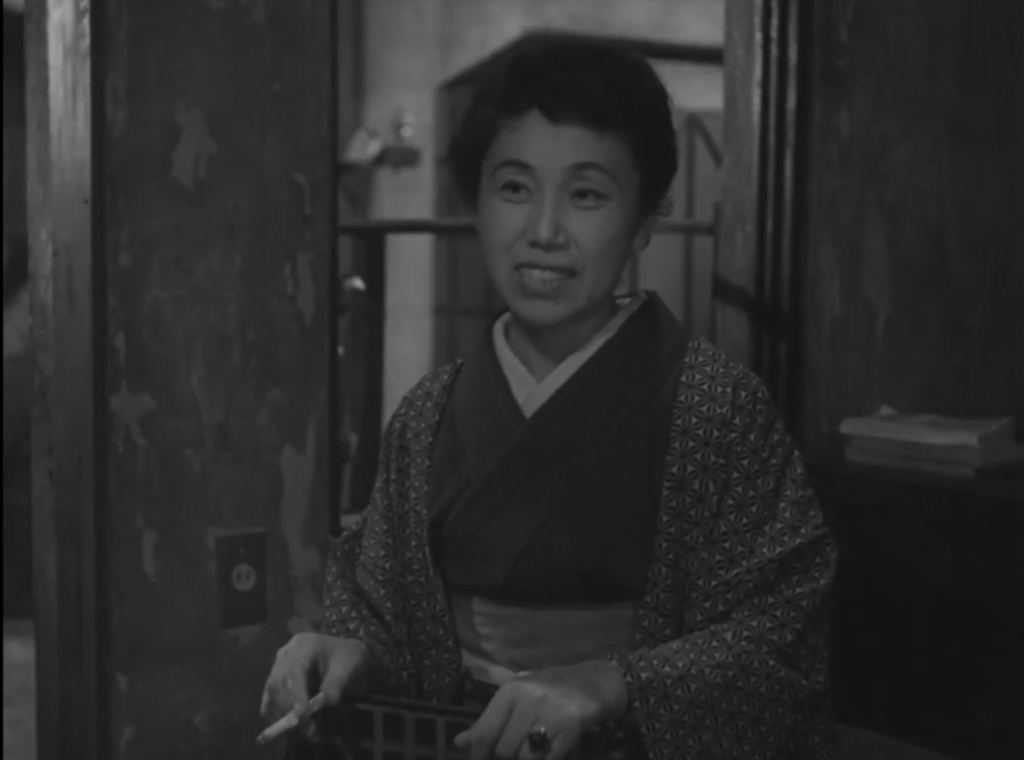
One thought on “Late Chrysanthemums (1954)”
Rewatch. Agreed; not must-see though it’s a personal recommendation.
When I lived in Tokyo, I had a unique opportunity to see quite a few Naruse films. Obviously, they were not (at the time) as widely known in the US as, say, the films of Kurosawa or even Ozu. I became rather fond of the director’s work and found his films to be satisfyingly sympathetic to Japanese women. Overall, his films are the equivalent of the ‘woman’s picture’ of the ’40s-’50s here in the US though they are character-based and more often along the lines of something like ‘Stella Dallas’, as opposed to plot-based melodramas.
I would agree that ‘When a Woman Ascends the Stairs’ is a missing Peary title and a standout Naruse film that should be seen by film fanatics. Those who take to it may very likely want to see more of Naruse’s work.